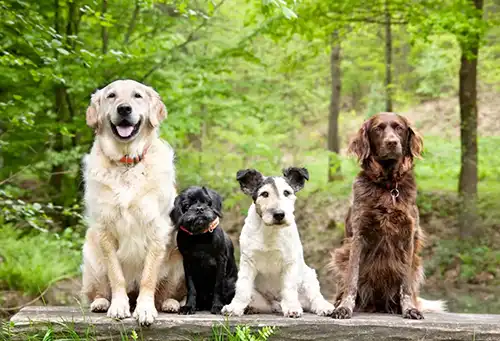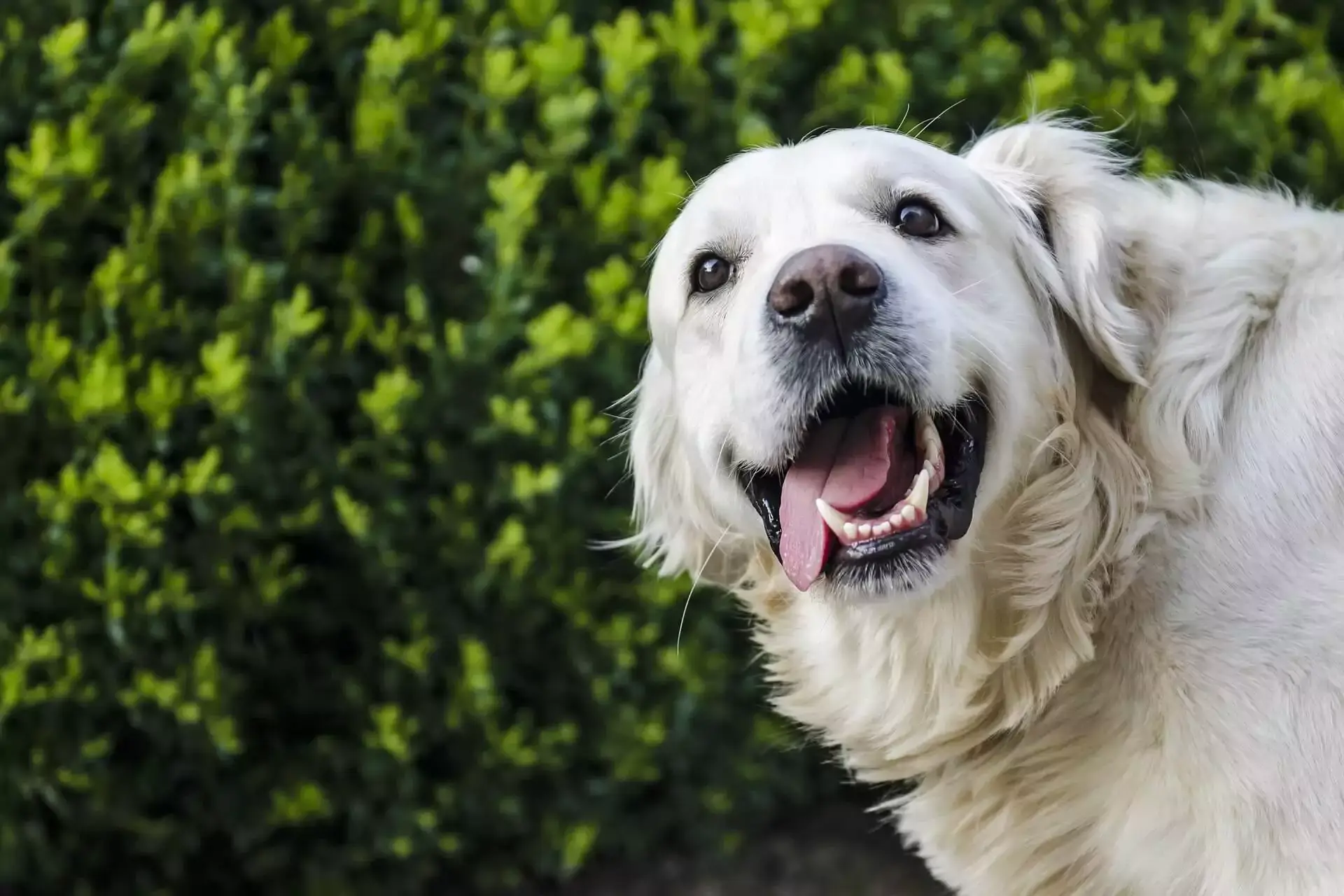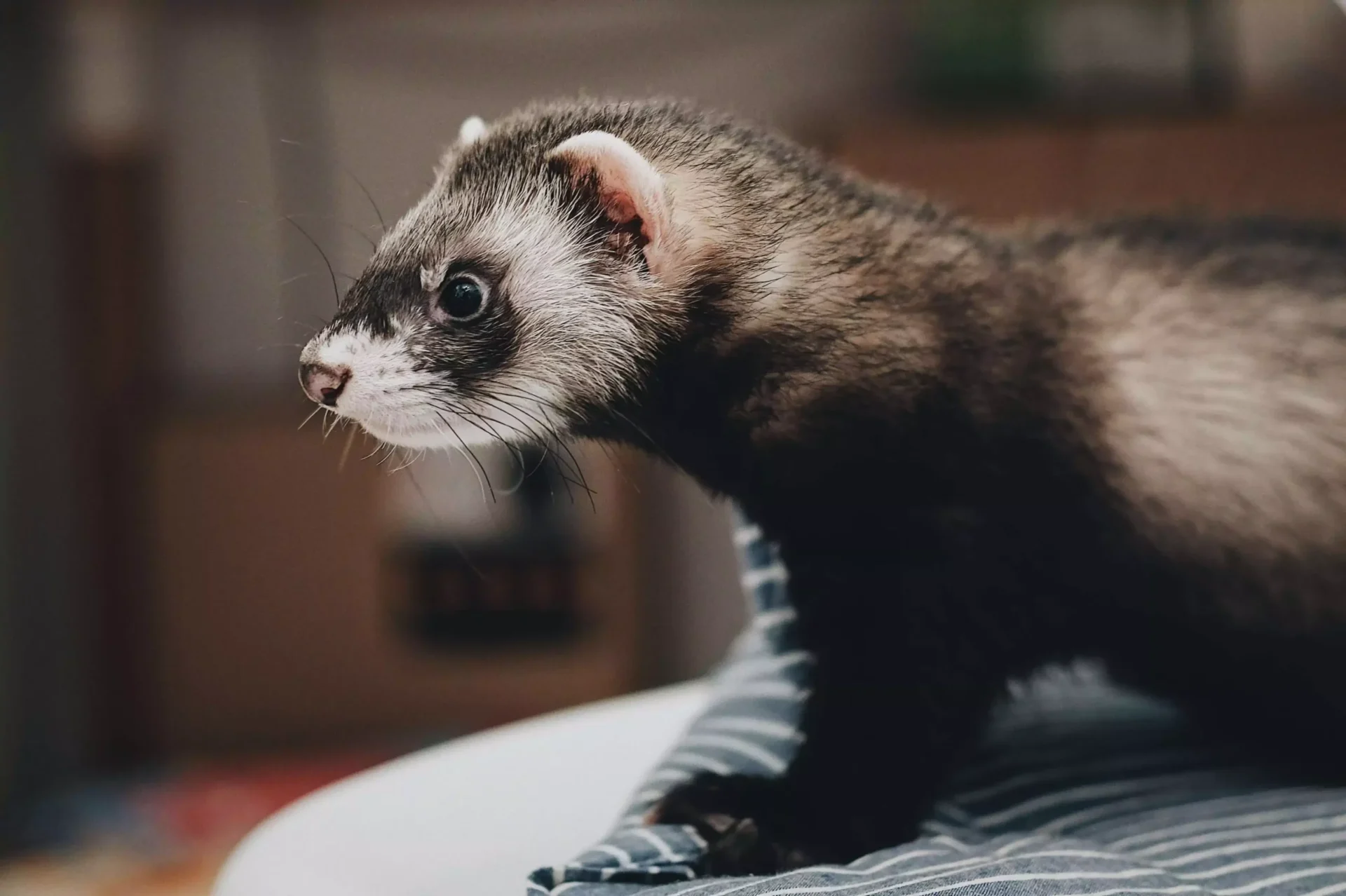Are you ready for summer? Desert summers can be breathtakingly beautiful, but they can also be very dangerous for both people and pets. A Southwest Las Vegas, NV vet lists some desert dangers for dogs in this article.
Heat
Heat is probably the number one hazard dogs face in the desert. Fido can only sweat through his nose and paws, and panting isn’t always that effective in sweltering temperatures. Make sure Fido always has plenty of fresh water and a cool, shady place to relax in. On scorching days, try to walk your pup in the morning or evening, when it’s not as hot, and be careful not to overexert him. Also, never ever leave your dog in a parked car or in an enclosed area without climate control. Dogs that aren’t native to this area are particularly susceptible, so if your pooch was originally from another climate, acclimate him slowly.
Plants
Ever been pricked by a cactus? Ouch! This is just as painful for Fido as it is for us. Plus, it’s very easy for dogs to get pricked: after all, your pet is barefoot. Try to keep your pooch away from cacti beds, porcupine spines, foxtail grass, and other pricklies. Some of the warning signs that your pet may have had a run-in with a dangerous plant include limping, swelling, and head shaking. Contact your vet immediately if you notice any of these symptoms.
Wildlife
Fido’s natural curiosity can be quite adorable, but it can also lead him right into danger. Your pet may put his nose into a dark crevice where a scorpion is hiding, or try to play with a snake. Killer bees, poisonous spiders and toads, coyotes, Gila lizards, and owls also pose serious threats to pets. Many desert animals are nocturnal, so keep Fido indoors after dark, and don’t let him run around off-leash. Making sure your dog knows important commands like Stay and Come is very important, as proper training can keep dogs from approaching dangerous animals or areas. Keep up with your pet’s vaccinations and parasite control. We also recommend feeding your pup indoors, so his food doesn’t attract wild animals, and cleaning outdoor water dishes daily. Ask your vet for more recommendations.
Do you have questions or concerns about your pet’s health or care? We can help! Contact us, your Southwest Las Vegas, NV animal clinic, today!






!Social Media Icons